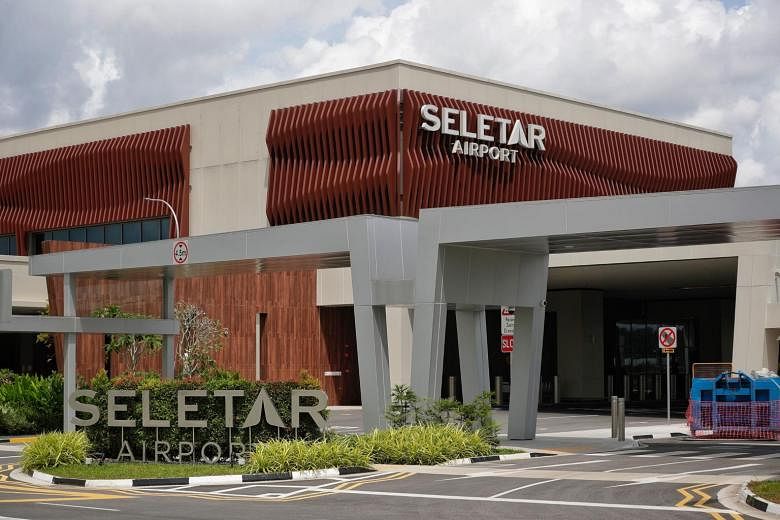SINGAPORE - Heavy rain forced pilots on a Firefly flight from Selangor to abort landing at Seletar Airport on Wednesday morning (Sept 4), in the third such incident reported this year.
The Straits Times learnt that Flight FFM3122, which departed Subang Airport at around 6.50am and was scheduled to land at Seletar Airport, had to divert to Senai Airport in Johor.
Seletar Airport does not have instrument-based approach procedures, which means that pilots have to rely on their vision when landing.
This is the third such incident since Firefly made its inaugural landing at Seletar Airport on April 21 - nearly five months after its services to Singapore were suspended.
The airline currently operates six flights a day between Subang and Seletar airports.
Malaysian Transport Minister Anthony Loke, who was on the inaugural flight on April 21, said then that Global Positioning System-based instrument approach procedures could be implemented at Seletar Airport within six to 12 months.
This is to enhance flight safety, he added during a joint press conference at the airport with Singapore Transport Minister Khaw Boon Wan. Mr Loke said then: "The GPS approach is something we have agreed... We are looking for Firefly to work towards that in a timely manner."
Malaysia had objected to the introduction of Instrument Landing System (ILS) procedures at Seletar Airport, saying it would restrict developments in Pasir Gudang town, which is near Seletar Airport. The GPS procedures will replace the ILS at Seletar.
With both ILS and GPS procedures, pilots execute a series of predetermined manoeuvres under the guidance of instrument systems as the aircraft approaches an airport.
The difference between the two systems is whether the signals are received from a satellite or ground-based station.
The ILS is ground-based and its main advantage is that the vast majority of commercial aircraft are already equipped to use the technology, which provides pilots with lateral and vertical guidance for landing.


